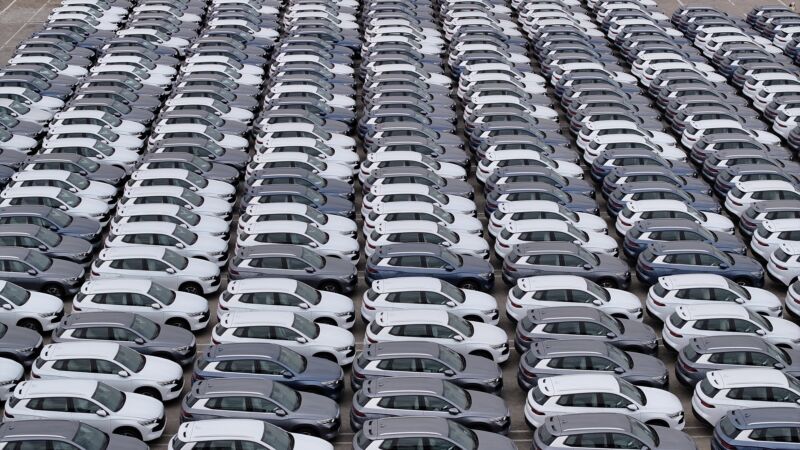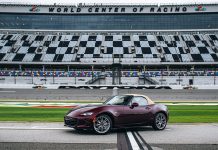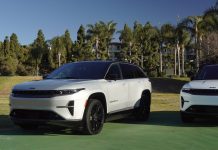Both the US and EU are deeply concerned about heavily subsidized Chinese OEMs.

President Joe Biden is expected to levy new 100 percent tariffs targeted at specific Chinese industries, including electric vehicles, on Tuesday. The announcement follows growing calls from automakers, unions, and bipartisan efforts in Congress to address the problem of China unfairly subsidizing its own industries to undermine foreign competitors.
Why are Chinese EVs so cheap?
The Chinese government has been giving its green industries heavy direct subsidies for some time now, far in excess of those handed out by US or European governments. For EV makers like BYD, this has meant billions of dollars a year, in addition to the consumer-facing tax benefit for car buyers, similar to how EV sales are incentivized in the US.
Brands like BYD have concentrated on making their cars cheaper to build—only using one windshield wiper instead of two, for example—but also through vertical integration. Other than Tesla, automakers in the US, Europe, Japan, and Korea instead rely heavily on multiple tiers of suppliers, most of whom supply parts to more than one automaker.
Chinese EV makers have also embraced technology to a degree still not matched by other brands, with screens stretching across entire dashboards and online connected services (plus the associated government tracking) that are anathema to many Ars readers. (Indeed, in February, the US Department of Commerce opened an investigation into whether imported Chinese-connected cars pose a national security threat. The Chinese government has repeatedly restricted the places that Tesla drivers are allowed take their cars, as it considers them a threat to its own security.)
That has allowed Chinese automakers to sell their products in foreign markets at prices no one else can hope to compete with, undermining local industries in the process. This has been most relevant in Europe, where Chinese automakers like BYD and MG have already set up shop. Last year, 1 in 5 EVs sold in Europe were made in China; this year, it’s expected this number will rise to 1 in 4.
What’s everyone doing about it?
Last year, the European Union began an investigation into anticompetitive behavior by Chinese OEMs, and stronger EU tariffs on Chinese EVs are expected to be levied in the next few weeks.
Chinese car imports to the US are already subject to an additional 25 percent import tariff on top of the 2.5 percent tariff that applies to any car imported to the US. And Chinese brands have yet to enter the US market. If enacted this week, the new 102.5 percent tariffs would apply to Polestar and Lotus, both of which currently build their US-market EVs in China. But that doesn’t mean the industry isn’t terrified.
“If there are no trade barriers established, they will pretty much demolish most other car companies in the world,” said Tesla CEO Elon Musk in January.
“If you cannot compete fair and square with the Chinese around the world, then 20 percent to 30 percent of your revenue is at risk,” said Ford CEO Jim Farley in February.
It probably goes without saying that the United Auto Workers also thinks protecting the US auto industry is worthwhile. “The transition to cleaner technologies cannot be used to intensify the global race to the bottom through offshoring and low wages. We need to see movement by the administration to protect these jobs. The nascent EV industry needs tariff protections—otherwise we are going to be awash in imports. The stakes of the transition are high for American workers,” the union said in a statement in March.
US politicians have already passed laws to counter the threat of China dumping EVs here. The Inflation Reduction Act of 2022 revised how the IRS clean vehicle tax credit works; the consumer subsidy is now only eligible on vehicles assembled in North America. Each year, an increasing amount of the battery pack’s content and value must also have originated in the US or a country with which we have a free trade agreement in order to be eligible, and EVs with Chinese batteries are explicitly not eligible.
This year, senators on both sides of the aisle—most recently Sherrod Brown (D–Ohio)—have called for a ban on Chinese EV imports. And pressure from the US Trade Representative has seen the Mexican government promise not to offer incentives to Chinese EV makers looking to establish a beachhead inside the United States-Mexico-Canada Free Trade Agreement.




